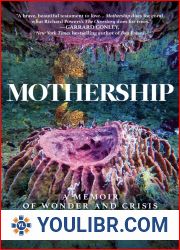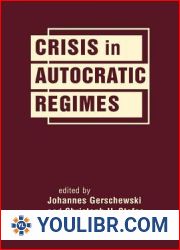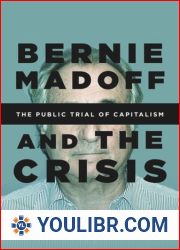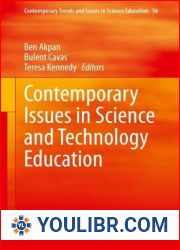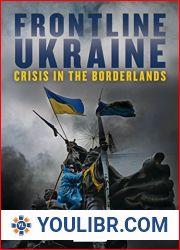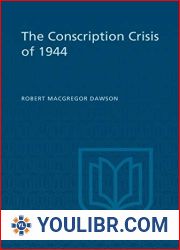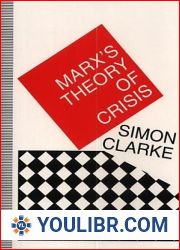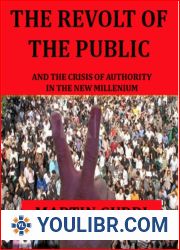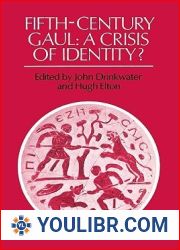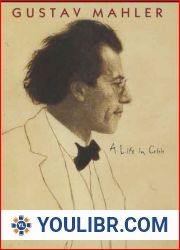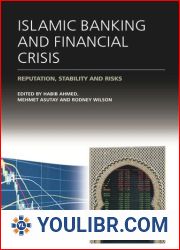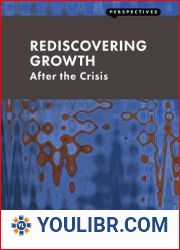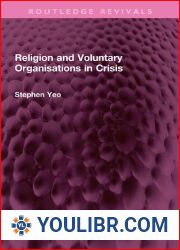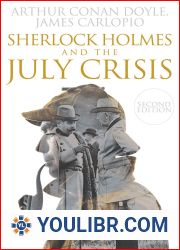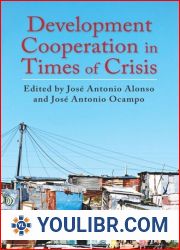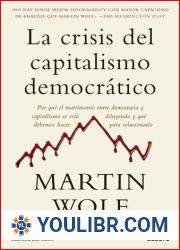
BOOKS - The Subject in Crisis in Contemporary Chinese Literature

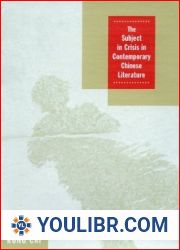
US $8.55

865656

865656
The Subject in Crisis in Contemporary Chinese Literature
Author: Rong Cai
Year: June 1, 2004
Format: PDF
File size: PDF 820 KB
Language: English
Year: June 1, 2004
Format: PDF
File size: PDF 820 KB
Language: English
Post-Mao China produced two parallel discourses on the human subject in the New Era (1976-1989). One was an autonomous, Enlightenment humanist self aimed at replacing the revolutionary paragon that had dominated under Mao. The other was a more problematic subject suffering from either a symbolic physical deformity or some kind of spiritual paralysis that undermines its apparent normalcy. How do we explain the stubborn presence, in the literature of the 1980s and 1990s, of this crippled agent who fails to realize the humanist autonomy envisioned by post-Mao theorists? What are the anxieties and tensions embedded in this incongruity and what do they reveal?This illuminating and original critical study of the crippled subject in post-Mao literature offers a detailed textual analysis of the work of five well-known contemporary Han Shaogong, Can Xue, Yu Hua, Mo Yan, and Jia Pingwa. The author investigates not only the literary characters within the texts, but also their creators-real subjects in history, Chinese writers whose own agency was being tested and established in the search for a new subjectivity. She argues that, reenacting the Maoist legacy, the literary search failed to provide a viable model for a postrevolutionary China. In addition, the deficiency and inadequacy of the subject cannot always be contained in the Communist past-a history to be transcended in the design of modernity after Mao. The representation of the problematic subject thus punctured post-Mao optimism and foreshadowed the eventual abandonment of the move to rethink subjectivity in the 1990s.By diving beneath the euphoria of the 1980s and the confusion and frustration of the 1990s, these critical readings offer a unique perspective with which to gauge the complexity of China's quest for modernity and a fuller understanding of the self's multifaceted experience in the post-Mao era.









